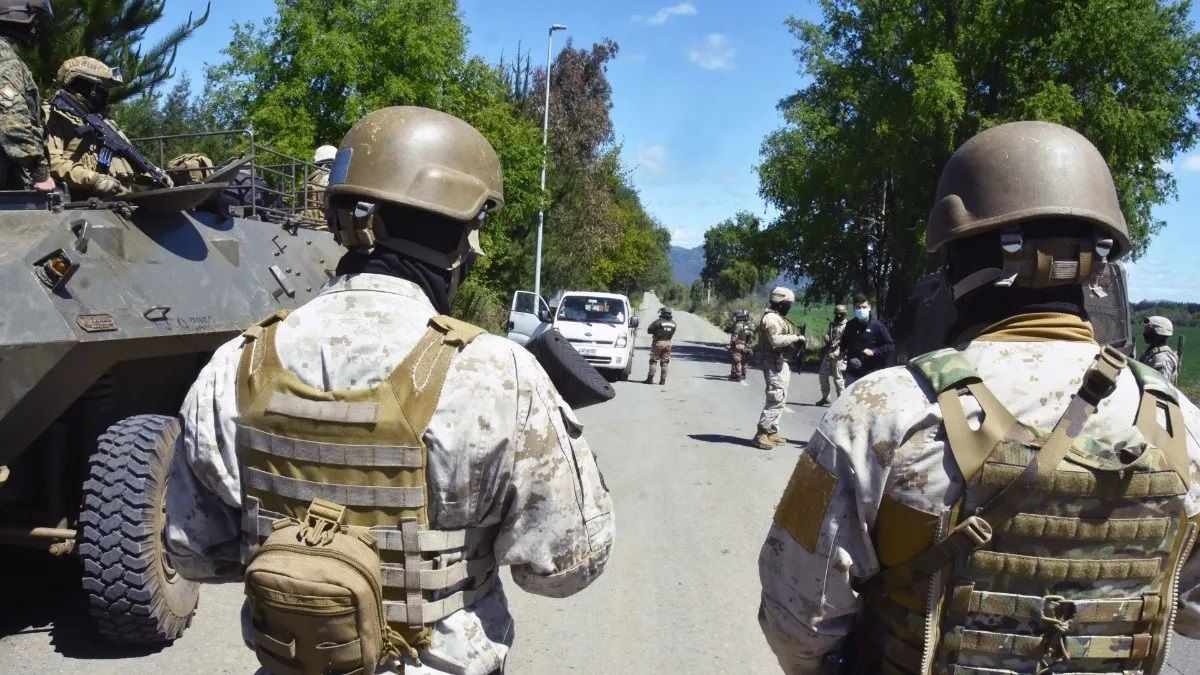In the decree, the Government argues that there has been an increase in violent acts on the routes and “extended road closures that put free transit at risk, disrupt public order and hinder supply chains, increasing the cost of life in the most backward areas”.
The measure was decreed for 15 days and President Gabriel Boric can extend it for a similar period without consulting Congress.
Boric’s decision marks a sharp turn from his historical position on the issue, which is very sensitive in Chile.
During his cycle as a national deputy, the president voted against the extension of the state of exception that the then president had decreed Sebastian Pinera.
Before taking the measure, Gabriel Boric unsuccessfully tried to get approval in Congress of an “Intermediate State of Emergency”, which would allow him to deploy the military only in some places.
However, given the increase in violence and the call for an armed uprising by a radical group, the president chose to use this presidential prerogative again, focusing military control mainly on the safety of highways and rural roads, guarded by different military vehicles, between trucks and tanks.
The deployment of the military coincides with a call by indigenous leaders to support the political prisoners of their community, inmates at the Temuco Penitentiary Center, who are accused of various crimes, mostly arson attacks.
Some 100 Mapuches attended the call and waited by bonfires outside the prison.
“Resistance is not terrorism. Freedom for Mapuche political prisoners“, Said a huge poster displayed on the outskirts of the place, which was without police protection and where no incidents were recorded at the moment.
The Mapuche area has been the scene of clashes in Chile in recent months due to the demands of the Mapuche collective, which demands the return of their ancestral lands and denounces harassment by the Chilean government.
During Piñera’s term, the former president repeatedly pointed to the natives as being responsible for numerous violent incidents in the area, such as attacks on farms and their owners.
In January, Boric – then the elected president – met with the opposition coalition Chile Vamos, to whom he announced that there would be no extension of the state of emergency and that he would bet on dialogue and reparation.
Gabriel Boric’s decision to resort to the military again is resisted even in his own political force and his bases, and earned him numerous criticisms on social networks.
On Monday, shortly before the government communicated the decision, the president of the Communist Party, Guillermo Teillier, stated that it did not seem like the time “for the Armed Forces to interfere in this conflict”, while the president opted for this option pushed by certain sectors of socialism that were not part of its original coalition.
Source: Ambito
David William is a talented author who has made a name for himself in the world of writing. He is a professional author who writes on a wide range of topics, from general interest to opinion news. David is currently working as a writer at 24 hours worlds where he brings his unique perspective and in-depth research to his articles, making them both informative and engaging.




